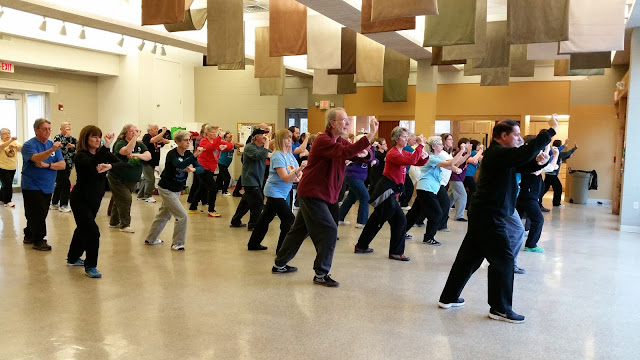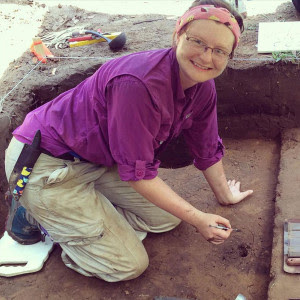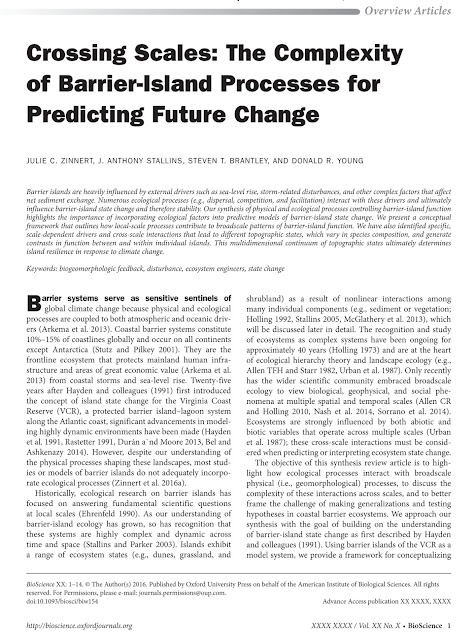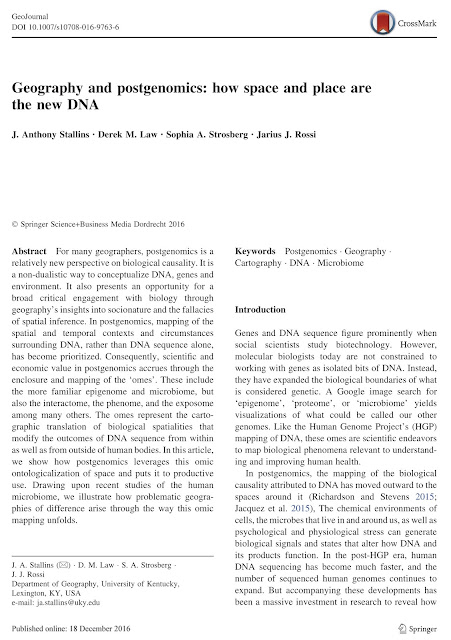Back in the early 2000's I had an interest in the digital representations of animals online, and how animals cams create an imaginary biogeography. I read this 1999 book below, "Holding On To Reality" by Albert Borgmann. It has a lot to say then about the importance of the context of information, and how the internet separates us from that context and creates a slippery slope of ambiguity. I am struck now by its prescience and how it anticipated the rise of fake news and alternate facts.
Monday, January 30, 2017
Sunday, January 15, 2017
Taoist Tai Chi Society
These are photos from a Taoist Tai Chi intensive we had in Lexington last year. We now have classes at a couple of locations in town three days a week.
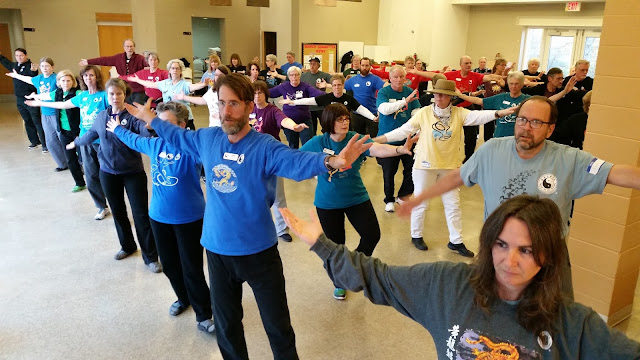
Tuesday, January 10, 2017
My bedtime reading in 2016 Part 2
I also read the Fudge series, aka Farley Drexel Hatcher, by Judy Blume to my twins, Kate and Sara. Here are a list of the characters. I enjoyed it - very observant, not Tom Wolfe social novels but plenty of fun and kid realism to propel it along. No wizards, magic or fantastical beasts in sight. Leave it to the dogs in Call of the Wild to convey those kinds of forces in the world.
Thursday, January 5, 2017
My bedtime reading in 2016
I didn't get as much bedtime reading in this year as last. And there is also my monthly Harper's habit to contend with. I read Thomas Frank's non-fiction book Listen, Liberal well before the election, a prophetic book in some ways, but then its been building since the early days of the The Baffler. Heroes of the Frontier and The Harder they Come look deeply at fictional lives of people enmeshed in this election's America. The essays in The Utopia of Rules shows how complicity with the acknowledgement that rules and criteria over value matter in a meritocracy is the first step in recognizing that they really don't and that power resides in the maintenance of this illusion. Lastly, The Invention of Nature, is a biography of Alexander Von Humbolt and an exposition of how his ideas influenced Darwin, Thoreau, Simon Bolivar, Jefferson, Goethe, and many others. Many ecological and environmental ideas we take as a given now or simply attribute to others were from Humbolt.
Monday, January 2, 2017
Graduate students from the Archaeology program at UK
Over the course of 2016, I worked with three students in the Anthropology Department here at UK. From top to bottom are Victoria Dekle, Vanessa Hanvey, and Tyler Stumpf. Our objectives were to learn how to apply ordination and clustering techniques to archaeological observations and to conduct analyses of pilot data as well as formal dissertation data sets. Victoria's PhD dissertation assesses the extent the mouth of the Savannah River in Georgia forms a boundary in the characteristics of pottery shards. For Vanessa's project we looked at how shards excavated across a small watershed in the coastal plain of southeastern Georgia differed according to position relative to the river network. Tyler's work examines how the characteristics of building structures from across the southeastern and south-central U.S. differ based on whether they date to the period before European colonization or after the extensive establishment of Spanish missions. As committee member and through independent studies, we explored how to organize their datasets and delineate groups for comparing observations. The techniques we made use of were non-metric multidimensional scaling, principle coordinates analysis, flexible beta clustering, and classification trees using DTREG software.
BioScience
In this BioScience
article, we describe barrier island dune topographic state space.
Presently, my PhD student Li-Chih Hsu and I are characterizing dune
topographies along barrier islands in Virginia and Maryland. We want to
examine where these islands will plot in the larger state space outlined
in this BioScience article, as originally developed in Monge and
Stallins (2016) in Physical Geography.
Space and place are the new DNA
Genomics, postgenomics? Omes, omics, proteome, transcriptome, exposome? Here is a primer on some of these biological concepts. In our recent article in GeoJournal, we describe how this new biology relates to geographical concepts about the productivity of space, spatial fixes, and the fallacies of spatial inference.
Subscribe to:
Posts (Atom)


